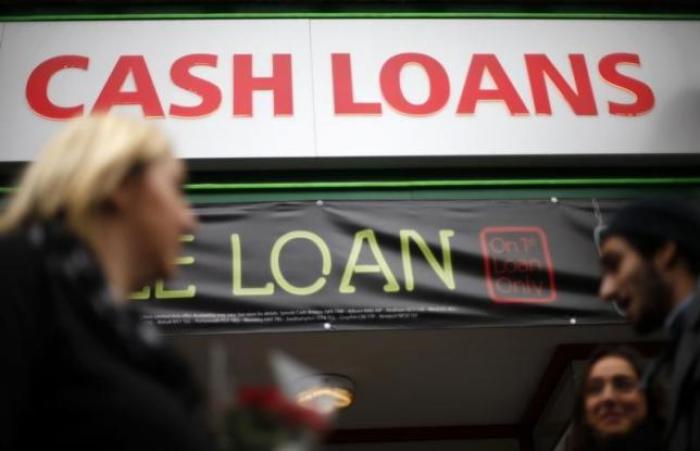77 Percent of Christians Think Predatory Payday Lending Is Sinful, Survey Finds

More than three-quarters of Christians in states where there is little to no regulation of payday lending believe that predatory lending is a "sin," according to a LifeWay Research survey released Wednesday afternoon.
Predatory loans, money loaned at outrageously high interest rates regardless of the person's ability to pay back the loan and interest, has ruined many lives and families across the United States and Christian leaders are calling on state lawmakers to step in and create regulations like interest rate caps so more families aren't victimized.
According to LifeWay's research, as many as 77 percent of self-identified Christians believe "it is a sin to loan someone money in a way that the lender gains by harming the borrower financially."
Ninety-four percent of Christians agree "lenders should only extend loans at reasonable interest rates based on ability to repay." Meanwhile, 86 percent of Christians believe there should be laws and regulations preventing predatory lenders from being able to loan money to borrowers with "excessive" interest rates.
"To enrich oneself by increasing the burden on the poor is shameful," Barrett Duke, vice president for public policy of the Ethics & Religious Liberty Commission of the Southern Baptist Convention, said in a statement shared with The Christian Post.
"The Bible speaks clearly in its opposition to usurious lending practices," Duke continued. "Those involved in providing financial services to poor and vulnerable people have a moral responsibility to ensure that they are really helping them and not merely profiting from them. To date, there is too much profit and not enough empowerment from those providing payday loans. Regulation of those who will not responsibly regulate themselves is imperative to protect the most vulnerable among us."
Often, people in need of fast money get caught in the predatory loan trap where they take out a loan with a high interest rate and are never able to pay off the loan because they are continuously paying off the interest. Often, borrowers take out other payday loans just so they can pay off their original loan and get caught in a never-ending cycle of debt.
During a press call introducing the LifeWay survey and a report by The Faith for Just Lending coalition and Gordon Martinez, a leader with Faith in Texas of the PICO Network, detailed how just one payday loan took him into a cycle of debt that ultimately cost him his house, his $8,000 prized tuba and his marriage.
"In the midst of making those payments, I took out another payday loan and even went online for several payday loans just trying to cover my bills and keep my family finances afloat. All the loans and fees took too much of my paycheck and I couldn't keep up," Martinez explained. "I defaulted on the loans, lost our residence, lost my prized tuba and the strain led to the loss of my marriage, destroying our family. I found myself answering an online ad to rent a couch in a one-room studio apartment with all my worldly possessions housed in two plastic storage tubs."
According to the LifeWay survey, 17 percent of all Christians polled say they have taken payday loans. Nearly half of African-American Christians surveyed (49 percent) and a quarter of Hispanic Christians (24 percent) say they've taken payday loans.
The Rev. Cassandra Gould of Missouri Faith Voices and a pastor at the oldest African-American church in Jefferson City, explained that predatory lenders "target communities of color."
"The nature of predation is targeting the vulnerable and marginalized. Part of the findings LifeWay released today, African-American and Latino respondents indicated that they are much more likely to utilize payday loans," Gould said. "As a faith leader in an African-American community, it really troubles me to know that our communities of color who already have limited access to good financial products are targeted."
During an effort to stop predatory lending with state-level legislation to cap interest rates at 36 percent in Missouri, Gould explained that almost every black pastor in Missouri's major inner cities received a threatening letter stating that if they said anything about predatory loans or allowed their congregants to sign petitions during their Sunday sermons, their churches would lose their tax-exempt status.
"So, there was a lot of fear mongering that happens on the other side of the industry," Gould said. "Predatory lending is a debt trap and part of the design of that is to make sure that there is really no underwriting. The lender takes absolutely no responsibility, and what I find is that this further erodes the financial stability of families already struggling to make ends meet, families that are already struggling to stay financially solvent. There is no effort to determine whether the borrower can repay the full loan and fees without borrowing money. It's a dangerous spiral and the effects are felt throughout our community as the [payday] shops keep popping up all across the community."





























